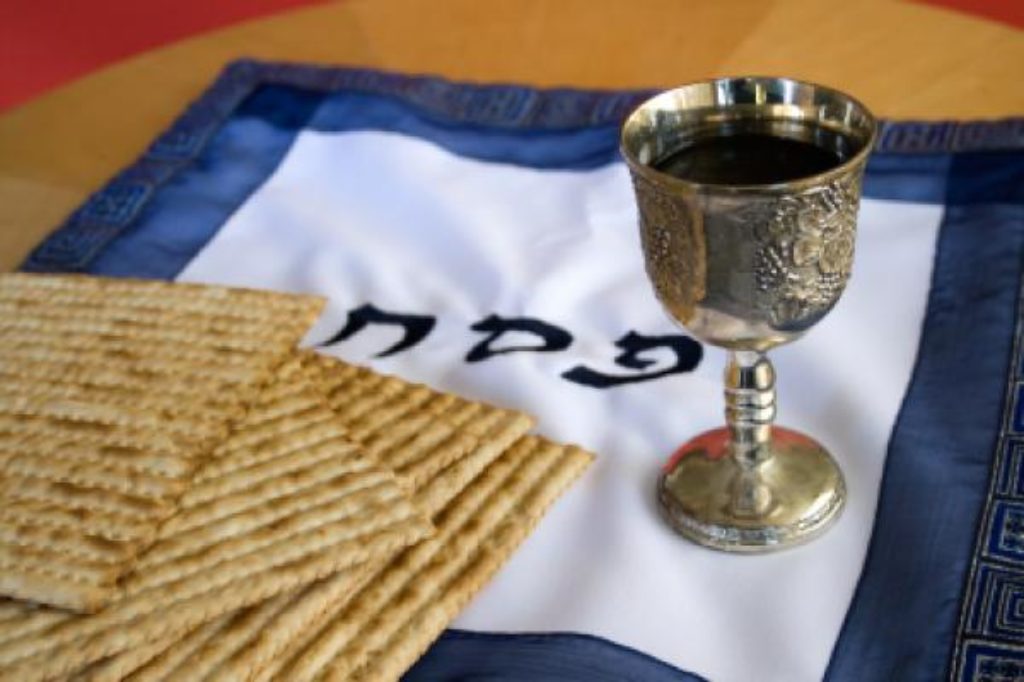The following is an excerpt from The Washington Post’s On Faith…
It’s only fitting for two religions to celebrate Passover. For me, Passover represents twos. It’s true and false, disgusting and uplifting, religious and secular, traditional and nontraditional.
There is no historical or archaeological evidence that Moses existed, that Israelites were slaves in Egypt, or that they wandered in the desert for 40 years. And that’s the good news, because the Passover story of the Exodus is inhumane: God brought 10 plagues to Egypt, the last of which was killing innocent first-born Egyptian sons. God also told the Israelites to kill a lamb and put its blood on their doors so God would know not to kill first-born Israeli sons. (You’d think an all-knowing God would know where the Israelites lived without blood markers.) The traditional God of both Judaism and Christianity thrives on and even requires the blood sacrifice of innocent animals and humans. God provided an escape route from Egypt for the Israelites by parting a sea and drowning all the Egyptians in pursuit. These Israelites escaped, only to die in the desert, but their descendents reached the Promised Land by killing inhabitants along the way. I don’t care to participate in a Passover seder meal where we tell this story and thank God for what he did for his “chosen” people.
Yet I still celebrate Passover, though not the one above, as in my youth. For me now, Passover is more about the present and future than about the past. The Society for Humanistic Judaism, one of 10 member organizations of the Secular Coalition for America, offers a godless Haggadah (book read during the Passover meal) that is consistent with my views.



